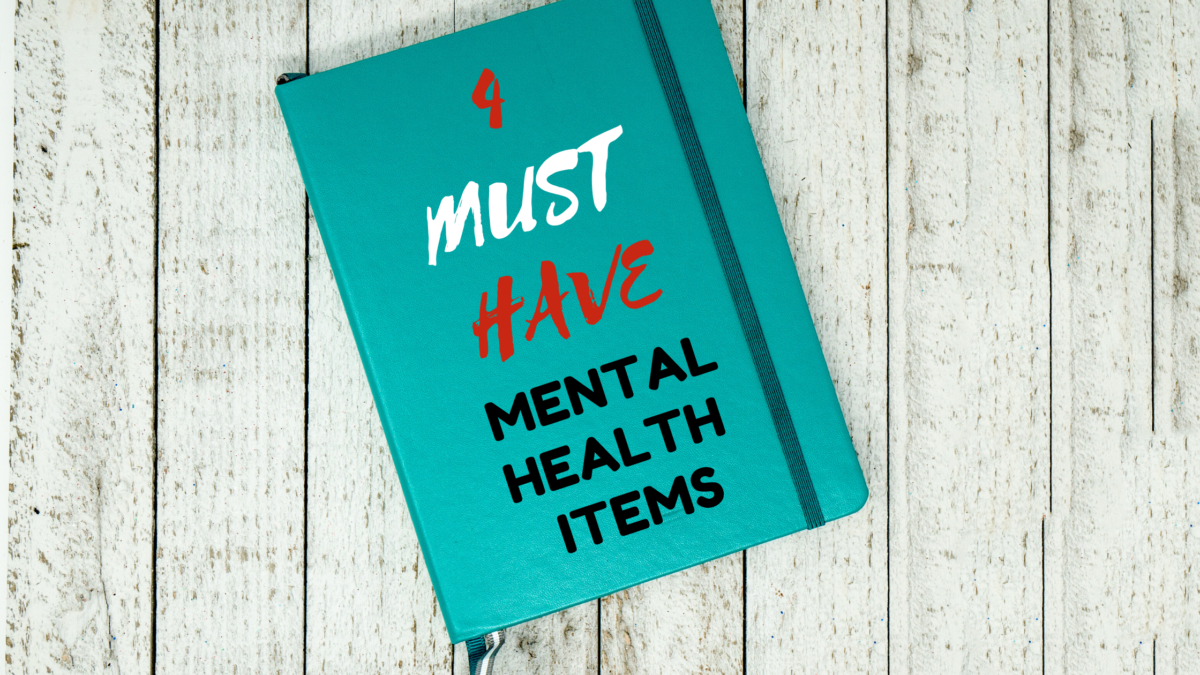7 Benefits of Working with a Mental Health Therapist
From the beginning of time, there’s been a misconception about therapy or counseling. The misconception is that you must be “crazy” or belong in the “nut house” or “loony bin” if you are in counseling.
But the reality is that aside from mental illnesses like anxiety, depression, bipolar, schizophrenia, etc., people seek therapy for many different reasons.

Why you should think about seeking therapy
Many people experience adverse events in their childhood or grow up in dysfunctional families. And because those events and dysfunctions shape and influence who you become as an adult, therapy can help you identify how adverse childhood events and family dysfunctions are evident in the way you live.
Likewise, therapy can help you overcome the bondage caused by adverse childhood experiences by challenging you to change your abnormal acquired thinking patterns.
In order to identify and overcome the many constraints that resulted from childhood trauma and other family dysfunctions, it is imperative to process those negative experiences and explore the emotions that are attached to them.
When the processing of these adverse experiences and dysfunctions does not take place, you risk compromising your quality of life.
Adverse Childhood Experiences
In a study conducted by the CDC between 1995-97 on Adverse Childhood Experiences, they found that out of 17,421 participants, nearly two-thirds of the adults in the study had experienced one or more adverse childhood experiences. And 87 percent had experienced 2 or more types of adverse childhood experiences.
Those Adverse childhood experiences included ten types of trauma, including three types of abuse, sexual, verbal, and physical abuse, and emotional and physical neglect. And five types of family dysfunctions; a mentally ill or alcoholic parent, a mother who’s a domestic violence victim, a family member who’s been incarcerated, and a loss of a parent through divorce or abandonment.
So now, what is therapy, and how can you benefit from it?

Psychotherapy or counseling is a process of meeting regularly with a trained or licensed therapist in a confidential and safe space to work on maladaptive beliefs, feelings, behaviors, and their cause and origin.
A healthy mind begins in childhood and is a foundation to living a good and fulfilling life. If you were not fortunate enough to develop a healthy mind in childhood, therapy can help you to nourish a healthy mind.
Many people spend years building up emotional walls due to childhood trauma and other learned dysfunctions, but therapy can slowly help break down those walls.
7 top reasons why people go to therapy
1) To treat mental illness:
The primary reason why people seek therapy is to treat mental illness. Depending on the severity of the disorder, therapy naturally helps alleviate symptoms caused by anxiety, depression, PTSD, and other mental illnesses without any medication.
2) To heal from childhood trauma:
Many people have experienced some form of adverse childhood events. Going to therapy helps you to understand, and most importantly, heal from those traumas.
Processing those traumatic events and feeling and releasing the emotions attached to them are the first steps to healing from childhood trauma or any other trauma.
3) Coping with life stressors:
Life can be challenging and unpredictable. It is possible to lack the healthy abilities needed to deal with certain situations like a mean boss, what’s going on at home, marriage and other relationship issues, etc.
Some people may turn to alcohol or other drugs to cope with these life stressors.
On the other hand, therapy can help you develop healthy coping skills such as deep breathing, mindfulness, cognitive reframing, etc. These newly acquired coping skills will help you to better cope with life stressors.

4) Process painful feelings:
Painful emotions can be just that, painful. It can be hard to sit with painful emotions that you may not even understand sometimes, especially in losing a loved one through a break-up, divorce, and even death.
It can be even harder to believe or accept how everything worked fine one minute and fell apart the next.
Going to therapy helps you talk about your feelings, which can become overwhelmingly uncomfortable and dangerous to your mental and emotional health when left bottled up inside.
Fred Rogers says it best “when we talk about our feelings, they become less overwhelming, less upsetting, and less scary.”
5) Self-identity:
In a world where things are constantly changing, it can be easy to lose yourself trying to fit in with the next best thing. Therapy can help you remember who you were and remind you of who you are and who you want to become.
6) Understanding the people around you:
The stress you experience is based on your perceived thoughts and feelings. However, your thoughts and feelings can be influenced by the people around you.
Everyone has their traumas, and not everyone is healed from those traumas. And in your day-to-day interaction with the individuals around you, their pain and hurt can be projected upon you.
Therapy helps you to understand the people around you, which ultimately helps to alleviate unnecessary stress.
When you understand why people do what they do, you tend to take the things they say less seriously and live a less frustrating life.
7) Goal setting and personal growth:
Two things are inevitable in life.
- You get to where you want to be and become complacent
- or you feel stuck and find it difficult to get to where you want to be
In therapy, the hurdles in your path become visible, and you are encouraged to set realistic goals that will help you take the necessary steps to advance and make progress in life.
How do I find the right therapist?
Finding a therapist is not always easy. But you have to know that not every therapist is for everybody and that you may have to see a few therapists before you find one you feel is right for you.
It could be that you connect with the first therapist you ever meet on your very first session. Or it could be that after seeing three different therapists, you still feel like you are not connected to any of them.
Please don’t give up, I guarantee you; once you find the right therapist, you won’t regret it.
If you find it difficult to come up with a list of at least 7-10 therapists to choose from after googling mental health therapists near you, don’t hesitate to call your medical insurance company. They can provide you with a comprehensive list of therapists available in your area.
Do I need to go to therapy for the rest of my life?
One does not have to go to therapy forever, although I can assure you that there is absolutely nothing wrong with that.
A client can work with a therapist for as little as four to five sessions to years. Understanding yourself in therapy is key.
When you know who you are and why you do what you do, you are less likely to become a repeat offender of your past maladaptive behaviors that resulted from adverse childhood experiences and family dysfunctions.
Is therapy expensive?
Therapy can be expensive, but don’t let that discourage you from seeking help. Most insurances are willing to pay for your mental health needs. Call them or visit their website to figure out your mental health eligibility.
And if you don’t have insurance, don’t let that deter you either; I know of many therapists who work on a scale. When you find the right therapist, be honest with them about your financial situation.

Therapy can be life-changing
Starting therapy can be a life-changing experience. It challenges you to examine your life and identify problem areas you would like to improve to enhance your quality of life.
Have you ever seen a mental health therapist? If so, was it a good experience?














You hit the nail right on the head! Until you’ve worked through those past traumas that form who we are and why we do the things we do you’ll never truly be at peace. I know I’m not there yet but wouldn’t be where I am today without some really great therapy sessions that helped me understand what formed who I am how to work through those past events that brought me to where I am and also how to cope in my everyday life then and now. It’s been the best gift I could ever give myself.
You hit the nail right on the head! Working with a therapist to determine who you are and why might not be easiest at first but in the end will be the best gift you could give yourself. Working through those past traumas that have formed who we are today finding out why and healing the effects they may have had on you is so important. I know I wouldn’t be who I am today without my sessions.
Gina, I am glad you were able to resonate with this post. Thanks for reading and leaving a comment! Don’t forget to share this with family and friends!